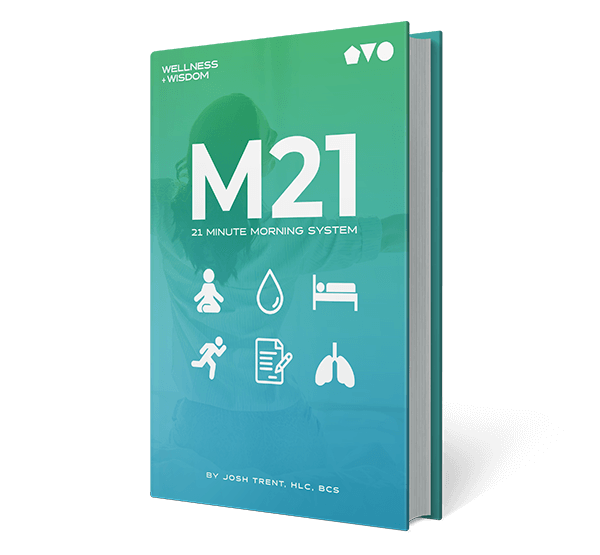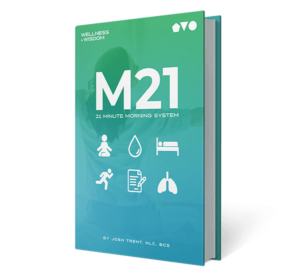 Taking that first step away from alcohol or drugs is incredibly brave. The journey beyond that first step offers so many benefits – it's not just about staying away from substances, but creating real space for mental healing and growth.
Taking that first step away from alcohol or drugs is incredibly brave. The journey beyond that first step offers so many benefits – it's not just about staying away from substances, but creating real space for mental healing and growth.
If you're on this path yourself or supporting someone who is, understanding how sobriety connects to mental health can make a huge difference. It's truly a full reset that touches every part of life, mind, emotions, and body, often bringing improvements you might not expect.
In this article, let's talk about this connection, what makes it work, and how you can rebuild your life through sober living.
Table of Contents
What is Sober Living?
When people leave treatment but aren't quite ready for complete independence, sober living homes fill that critical gap. These places provide structure and safety during a vulnerable transition time.
But good sober living is about much more than just a substance-free place to stay. The best programs take a complete approach like mixing therapy, wellness activities, and personal development to support the whole person, with special attention to mental health.
How Mental Health Gets Better
Emotional Stability
Substance use affects brain function, which results in wild mood swings and emotional imbalance. Getting clean and establishing healthy habits allows the brain to start healing.
Most people in sober living notice their moods become more consistent, and they can handle emotions better. This steadiness helps tremendously with conditions like bipolar disorder, trauma, and depression.
Less Anxiety and Depression
People use substances to escape reality or to deal with mental health problems. The sad irony is that alcohol and drugs typically worsen these same issues over time. In a sober environment, proper diagnosis and treatment become possible without substances muddying the waters.
As people settle into substance-free routines, they commonly report feeling less anxious and depressed, while developing a brighter outlook on life.
Your Thinking Gets Clearer
Long-term substance use damages memory, decision-making, and focus. Your brain needs time to recover, but it can and will heal.
Sober living supports this healing by creating a stable environment. Daily routines, healthy habits, and stress-management techniques help restore mental clarity, attention span, and problem-solving abilities.
You Learn Healthier Ways to Cope
During addiction, many people use substances to handle stress or difficult feelings. But when you are in the sober living environment, it will help you to learn healthier practices to cope with negative feelings.
Residents practice techniques like:
- Mindfulness and meditation
- Exercise and yoga
- Creative activities like journaling, music, or art
- Expressing emotions through group talks
These tools replace harmful habits with constructive strategies that build mental resilience.
Supportive Community Makes a Difference
As the isolation feeds addiction, connecting with other people from a support community helps in recovery.
A sober living environment will have house meetings, group therapy, and shared routines that create a sense of belonging. People learn they aren't alone. They're supported and understood by others walking a similar path.
This support measurably improves mental health by reducing loneliness, shame, and self-doubt.
Life Skills Build Confidence
Many sober living homes teach essential skills like:
- Managing time
- Resolving conflicts
- Communicating effectively
- Handling money
- Setting goals
These aren't just practical skills – they're crucial for mental health. Being able to handle life's responsibilities reduces anxiety, builds confidence, and prepares people for independent living.
The Holistic Approach to Wellness in Sober Living
Unlike traditional settings, sober living aims to heal the complete person – mind, body, and spirit.
 Therapy Support
Therapy Support
Regular access to counselors or therapists helps residents address both addiction and underlying mental health issues. This prevents relapse and supports deeper emotional healing.
Mindfulness Practices
Daily mindfulness exercises like meditation or deep breathing are often part of routines. These practices:
- Lower anxiety
- Increase self-awareness
- Help manage emotions
Physical Health
Exercise and nutrition are emphasized in most sober living homes. A healthy body supports a healthy mind. Whether it's walking groups, yoga classes, or fitness routines, physical movement is encouraged as a natural mood booster.
Structured Living
Sober homes provide predictability and consistency – two things vital for mental health recovery. Having a daily schedule helps regulate sleep, reduce stress, and create a sense of purpose.
Treating Addiction and Mental Health Together
Dual Diagnosis in sober living is treating both mental health and substance use disorder. It's complicated, as treating one without the other often leads to relapse. So, treating both will lead to a healthier recovery.
Sober living programs that address both issues through therapy, medication management, and personalized support have much better long-term results.
Long-Term Mental Health Benefits
Sober living isn't just a temporary fix – it's a foundation for life. The benefits spread to every part of a person's experience. Over time, people committed to sober living often report:
- Greater emotional resilience
- Stronger, more trusting relationships
- Higher levels of self-worth
- Clearer thinking and better decisions
- More life satisfaction
- Much lower risk of relapse
Most importantly, they feel capable – not just of staying sober, but of building a life they can be proud of.
Conclusion:
At its heart, sober living supports mental health by providing what people need most: stability, connection, healing, and tools for growth.
If you or someone you care about is considering sober living, remember – it's more than just a place to stay. It's a place to grow, find clarity, and rebuild life on a foundation of wellness and self-respect.
Sober living is mental health care. And it's a powerful step toward lasting freedom.









